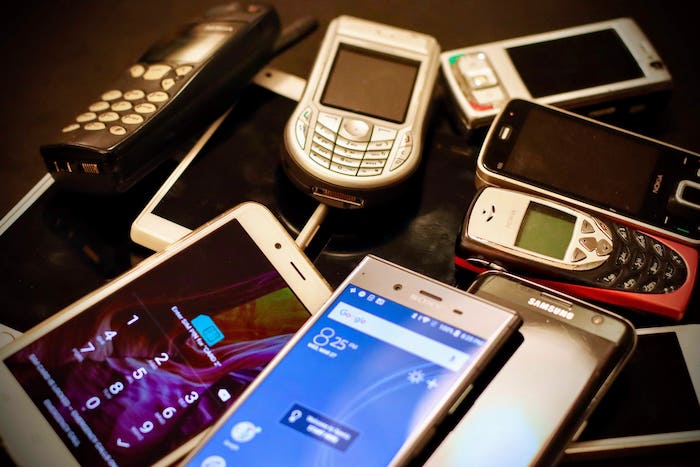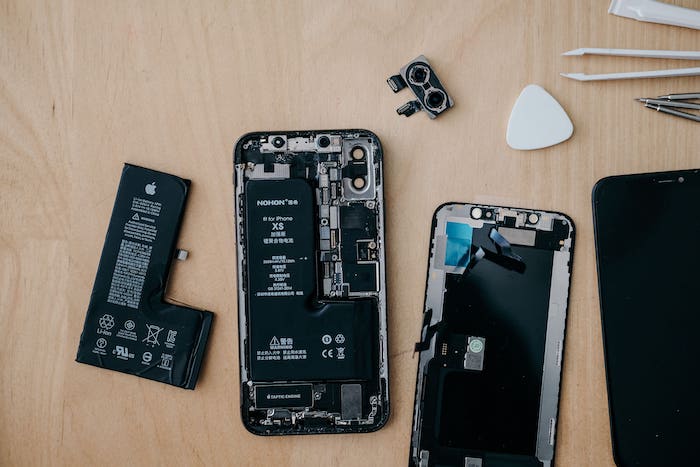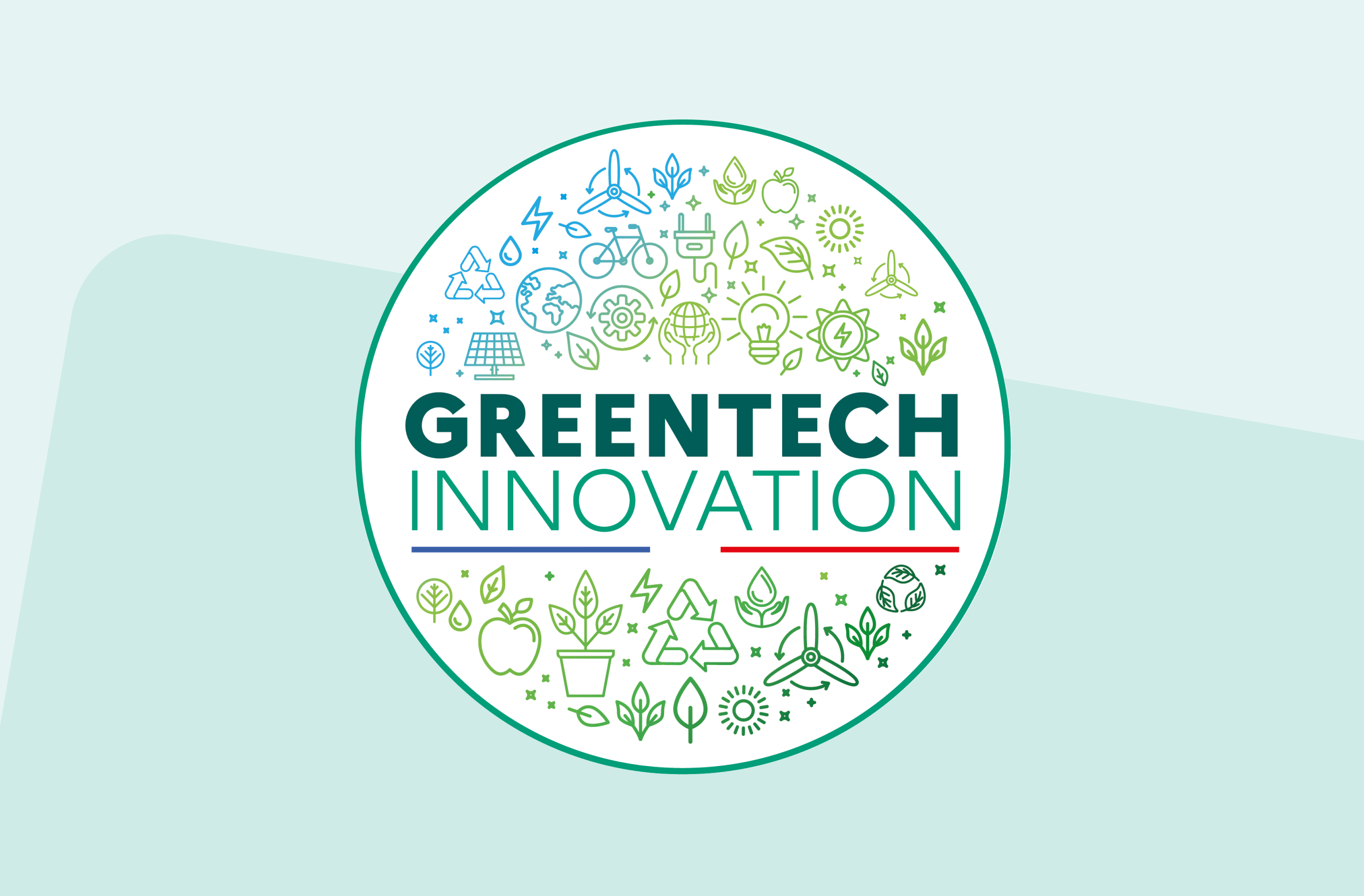Les 10 arguments pour défendre le green iT

Découvrez notre solution tout-en-un
Ah les fêtes de fin d'année ! Assis autour du repas de noël ou une coupe de champagne dans la main en attendant de passer l'heure fatidique du 31, les discussions autour des questions environnementales ont vite fait de devenir stériles lorsque les arguments manquent.
Alors qu'est-ce qu'on répond lorsqu'on fait face à des discours d'inaction et de dénigrement du green iT ?
Voici 10 idées reçues à réfuter pour que la tablée devienne un peu plus consciente des enjeux du numérique responsable.
1. "C'est pas à mon échelle que ça va changer grand chose."
S'il y a bien un discours d'inaction qui prédomine, c'est celui-là ! On pointe du doigt les autres avant de regarder ce que l'on peut faire à son échelle.
Il est important de comprendre que chacun et chacune peut mener des actions dans son quotidien qui peuvent avoir un impact.
Pourquoi ?
Tout simplement parce qu'il y a 3 niveaux d'actions pour agir :
- au niveau individuel : c'est la première étape pour sensibiliser et toucher un plus grand nombre de personnes ;
- au niveau de l'entreprise ;
- au niveau du collectif.
L'inaction climatique ne doit résulter d'un certain défaitisme. Il ne faut pas oublier que nos achats et nos choix ont des conséquences sur l'environnement et sur d'autres personnes.
Entre l'extraction des matières rares, l'assemblage des appareils ou la gestion de fin de vie des outils informatiques, ce sont des personnes qui sont exploitées derrière toutes ces tâches difficiles.
Quand on sait que chaque Français possède en moyenne 8 appareils numériques, on se rend compte que les actions individuelles peuvent avoir un poids non négligeable.
2. "Mon chef ? C'est pas sa priorité parce que ça va coûter trop cher."
On imagine souvent à tort qu'acheter des appareils reconditionnés va coûter plus cher que d'en acheter des neufs. Pourtant c'est tout l'inverse qui se produit puisqu'un appareil reconditionné peut coûter jusqu'à 70 % de moins.
Si le green IT est de plus en plus plébiscité en entreprise, c'est parce qu'il incarne les engagements écologiques de la boîte, mais aussi parce qu'il permet de réduire certains coûts.
Les craintes concernant les appareils reconditionnés touchent surtout le coût de certaines réparations et la lenteur qui peut apparaître avec des appareils qui ne datent pas de l'année en cours. Ce sont de fausses idées reçues.
Comme l'explique une étude d'Easypanel, l'important est de prendre soin de son matériel informatique pour le garder performant. C'est surtout ce facteur qu'il ne faut pas négliger puisque 109 heures, en moyenne, sont perdues par an et par salarié à cause de la lenteur informatique.
Et si l'on hésite à acheter du matériel reconditionné, Rzilient propose aussi la solution de louer sa flotte iT. Le coût de renouvellement est donc moindre, même en prenant en compte le coût des pannes et des réparations.

3. "Ça fait déjà 3 ans que j'ai mon téléphone."
C'est bien, mais l'important c'est de le garder le plus longtemps possible. 3 ans, même si aujourd'hui ça nous paraît beaucoup, c'est en réalité encore bien peu. La durée de vie des appareils a été divisée par 3 en 30 ans.
Avec tous les composants de plus en plus petits et nombreux, il est plus difficile de réparer, upgrader, reconditionner et recycler les appareils informatiques.
Quand on sait que la simple fabrication du téléphone représente environ 80 % de son empreinte carbone totale, on comprend l'importance d'éviter de le changer tous les ans pour un nouvel appareil plus récent.
Entre l'obsolescence programmée et l'obsolescence psychologique qui poussent tous les deux à la surconsommation, il est nécessaire de sortir de certains schémas pour prendre conscience que les ressources du numérique ne sont pas illimitées.
4. "Qui sait l'état dans lequel je vais trouver l'ordinateur".
C'est sans doute l'argument qui revient le plus chez les personnes qui n'osent acheter des appareils reconditionnés. Pourtant, il est temps de sauter le pas pour réduire son impact.
Pour conforter un peu cette peur quant à l'état de l'appareil reconditionné, on peut regarder les différents grades qui expliquent l'état. Proche du neuf, avec quelques rayures presque invisibles ou bien visibles à l'œil nu, ce sont les grades qui vont mentionner l'état auquel s'attendre si on achète cet appareil.
Il est aussi important de regarder les fournisseurs et les partenaires qui ont remis en état l'appareil. C'est là que se trouve le principal gage de confiance.
Chez Rzilient nous avons plusieurs partenaires qui remettent à neuf les appareils informatiques qui sont donc alors parfaitement fonctionnels.

5. "Ah non mais moi je vide déjà ma boîte mail."
Ces dernières années, de nombreuses applications qui aident à vider régulièrement sa boîte e-mail ont vu le jour. Bien que ça soit très utile pour réduire son empreinte, ce n'est pas le stockage des données qui pollue le plus mais bien leur transport.
Il est plus utile de se désinscrire des newsletters que l'on ne lit jamais ou de transférer ses fichiers lourds avec des outils comme FileVert que de supprimer uniquement ses e-mails.
Pour réduire son empreinte, il est important d'agir en amont en priorité.
6. "Déjà que je travaille à la maison et que j'ai diminué mes trajets en voiture, je ne vais pas non plus réduire mon nombre d'appareils numériques."
Dire ça, c'est clairement une fausse croyance. Il ne faut pas oublier que l'augmentation du télétravail a causé d'autres impacts écologiques non négligeables. C'est ce que l'on appelle l'effet rebond.
L'empreinte liée aux transports est réduite mais d'autres facteurs d'émissions ont augmenté :
- Consommation d'électricité et de ressources pour se chauffer ;
- Augmentation du transport de données utilisées pour travailler 8h sur ses appareils informatiques ;
- Suréquipement des employés à la maison.
Les économies réalisées ailleurs sont contrebalancées par de nouveaux comportements induits par ces nouveaux changements.
C'est l'effet rebond du télétravail : l'empreinte écologique réduite d'une moindre utilisation de la voiture se retrouve contrebalancée par l'augmentation des consommations liées au numérique.

7. "J'ai vu qu'ils allaient construire des data-centers éco-responsables."
Il faut faire attention à ce genre d'initiatives qui relèvent plus du greenwashing qu'autre chose. Car un data-center qui n'existe pas aura toujours un moindre impact qu'un centre de données écoresponsable.
C'est important de questionner ces discours verts car souvent ce sont simplement des solutions de compensation qui sont mises en place pour réduire l'empreinte, sauf que ces dernières sont souvent inefficaces et alimentent le greenwashing et la déresponsabilisation des entreprises.
De plus, si l'électricité est dite "verte", c'est que la pollution se trouve ailleurs dans la chaîne de production.
La seule et unique solution pour réduire l'empreinte liée au numérique c'est de tendre vers la sobriété.
8. "Oh, mais ils viennent de faire passer la loi REEN."
Oui, c'est une bonne chose que cette loi soit passée le 15 novembre 2021 avec pour ambition de réduire l'empreinte environnementale du numérique en France (REEN). Mais ce n'est pas suffisant car elle n'a pas d'obligation légale.
C'est un premier pas pour faire prendre conscience de l'impact du numérique à échelle nationale, mais il reste encore du chemin à parcourir. Il existe d'autres leviers de sensibilisation et de responsabilisation pour les entreprises, comme la Responsabilité Numérique des Entreprises (RNE).

9. "On ne sait plus quoi faire de nos équipements aujourd'hui".
Et c'est justement pour ça qu'il faut essayer de réduire sa consommation d'appareils numériques neufs.
Mais lorsque ses appareils sont inutilisables, il existe plusieurs solutions en fonction de si l'on est un particulier ou une entreprise.
Dans le premier cas, si vous avez des appareils informatiques que vous souhaitez recycler, 3 situations se présentent à vous :
- si votre appareil fonctionne toujours et peut être réparé : réparez-le si possible ou alors donnez-le à des associations de collecte solidaire.
- si l'appareil ne peut être réparé et vous avez envie d'en acheter un nouveau : les distributeurs d'appareils électriques ont l'obligation de reprendre vos appareils usagés en magasin à l'achat d'un équipement neuf.
- si l'appareil n'est pas réparable et vous ne comptez pas en acheter un autre : des bacs de recyclage en libre accès existent dans certains magasins ou déchèterie pour les appareils électroniques de moins de 25 cm en diagonale.
Si vous êtes une entreprise, c'est un peu différent car la quantité et la fréquence de recyclages sont supérieures.
- Vous pouvez contacter un prestataire spécialisé dans le recyclage pour qu'il vienne enlever les déchets électriques et électroniques directement sur votre site.
- Il est possible d'apporter vos DEEE directement dans un point de collecte si ces derniers représentent moins de 2 tonnes de déchets.
Dans les 2 situations, il est important de recycler ses appareils électroniques usagers pour leur permettre d'avoir une seconde vie lorsque c'est possible.
10. "Déjà qu'on fait des efforts tous les jours, c'est pas ces 4 % qui vont changer quelque chose."
Chaque pourcentage d'émissions de gaz à effet de serre compte, d'autant plus au vu de la trajectoire que prend le réchauffement climatique pour ces prochaines années.
Tous les gestes sont importants, petits ou grands, et le numérique est une question à prendre en compte d'urgence vu le développement exponentiel que connaît le secteur.
Rester dans le défaitisme ou pointer du doigt les autres ne fera pas avancer les choses. Il est important de comprendre que nous avons un rôle, à l'échelle individuelle, à jouer, même si tout ne peut reposer uniquement sur nous.
On espère vous avoir donné les munitions nécessaires pour répondre à ces 10 phrases qui mettent l'inaction climatique et la déresponsabilisation au centre des arguments. Rzilient vous souhaite de bonnes fêtes de fin d'année et une année 2022 sous le signe du green iT.
Vous avez envie de réduire l'empreinte numérique de votre entreprise et commencer 2022 avec des engagements responsables et tangibles ? Et si on discutait de votre projet ?






